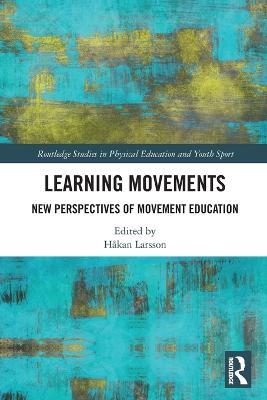Contemporary ways of understanding human movements, specifically movement learning, are heavily dominated by individualistic, dualistic and mechanistic perspectives. These perspectives are individualistic in the sense that in research as well as in educational practice movements/movers are typically decontextualized, they are dualistic in the sense that the body is taken to be 'inhabited', even 'governed, ' by a rational mind which is not itself a part of that body; and they are mechanistic in the sense that movements and movement learning can be 'calculated'. This approach has supported the dominance of a westernised and predominantly white, masculinised and heteronormative view of able bodies, embodiment and movements. Hence, it has contributed to marginalise not only other approaches and perspectives and individuals. New research has evolved, including new approaches and these held perspectives have been challenged by social and culturally sensitive, holistic as well as pluralistic, and dynamic/organic perspectives of human movements and moving humans. Examples of such research can be found in disciplines such as; physical education and pedagogy, ethnography, philosophy, and sociology. Learning Movements: New Perspectives of Movement Education provides the societal and epistemological background for these new approaches and will be essential in disseminating this knowledge to movement educators, academics and researchers as well as professionals within education, sports, health and fitness, dance, outdoor activities, etc., and that it will spearhead new and inclusive practices within these settings.Contemporary ways of understanding human movements, specifically movement learning, are heavily dominated by individualistic, dualistic and mechanistic perspectives. These perspectives are individualistic in the sense that in research as well as in educational practice movements/movers are typically decontextualized, they are dualistic in the sense that the body is taken to be 'inhabited', even 'governed, ' by a rational mind which is not itself a part of that body; and they are mechanistic in the sense that movements and movement learning can be 'calculated'. This approach has supported the dominance of a westernised and predominantly white, masculinised and heteronormative view of able bodies, embodiment and movements. Hence, it has contributed to marginalise not only other approaches and perspectives











